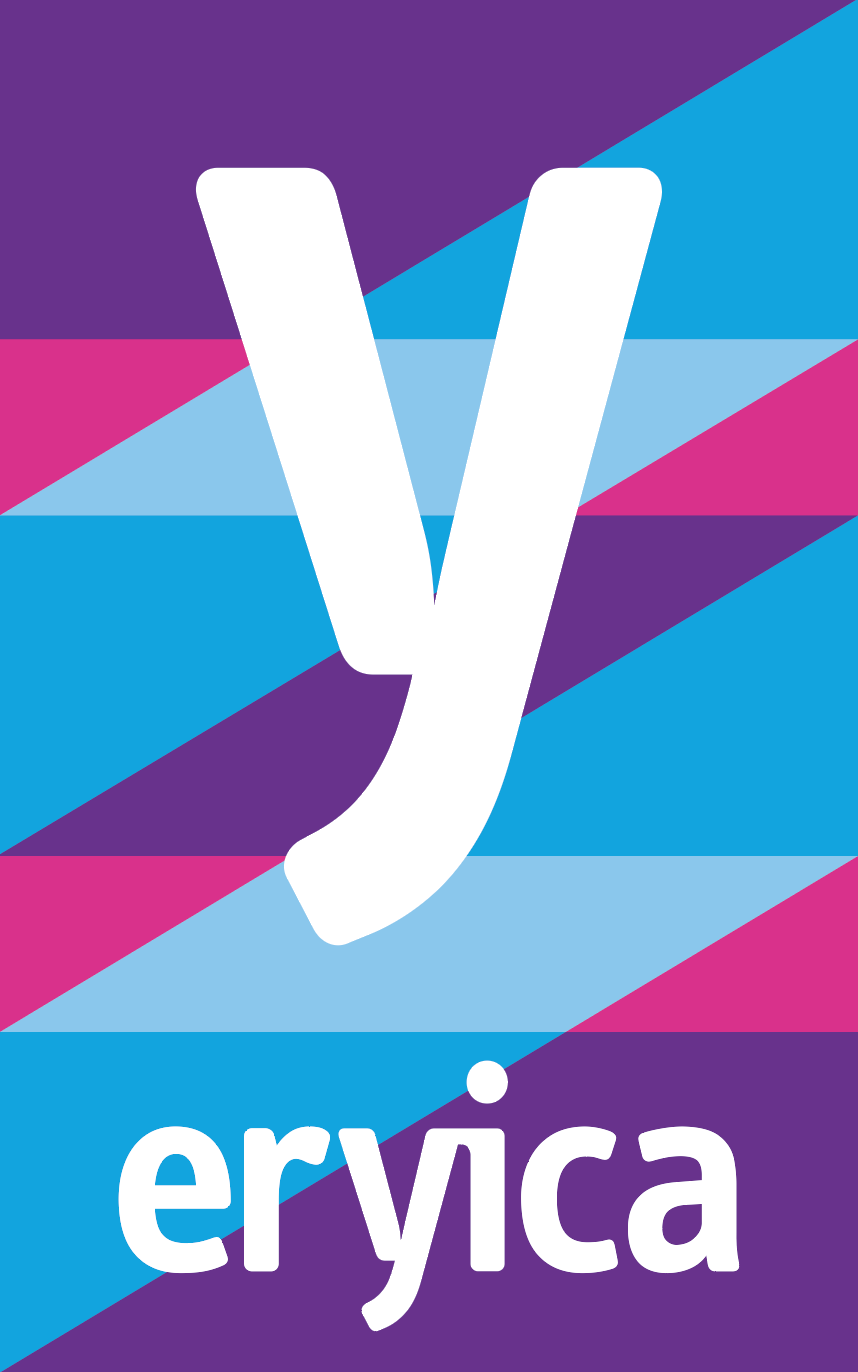DesYIgn
+ Projects
PREVIOUS PROJECTS
DesYIgn
Innovative Youth Information service design and outreach
Project dates
March 2019 - August 2021
Coordination
ERYICA
Financed by
Erasmus+ KA2
Partners
ERYICA (Luxembourg), Youth Work Ireland (Ireland), Koordinaatti (Finland), Agence Nationale pour l'Information des Jeunes (Luxembourg), Dirección General de Juventud y Deportes de Madrid (Spain), ProMo Cymru (Wales), Aġenzija Żgħażagħ (Malta), Institut Valencià de la Joventut (Spain), Åbo Akademi University (Finland)
The aim of this project was to rethink how services are designed and to create tools and resources to allow youth workers and youth information workers to reach out to a maximum number of young people, especially those at risk of social exclusion. In order to do this, youth information providers need to be trained on new channels and tools, and on how to design their services in a user-centred and innovative manner to appeal and reach out to more young people.
This project used service design methodologies and desk research. The service design is approached from a human-driven way of design thinking and doing. It starts from the needs and requirements of users and looks for solutions together with providers, users and other stakeholders.
The specific aims of the project were:
To carry out focus groups with young people to study their information-seeking behaviour so the knowledge extracted from the study can be used in improving the service design and communication activities of youth information services. The report of the focus groups can be accessed in English here, as well as in Italian and Spanish;
To create a toolkit on service design for youth information provision, aiming to reach out to more young people, including quality indicators and measures. The toolkit is available in English, French, German, Spanish, Finnish, Valencian, Albanian and Montenegrin.
To create an online course, that has been implemented into the ERYICA training system, based on the toolkit; and
To carry out innovative youth information design pilots that will test the resources developed at different stages and help re-think youth information provision using service design methods, which can be used as good practice examples for youth information services across Europe.
At the end of the project, regional and national multiplier events were organised by all of the partner organisations. This was tailored for political awareness-building at local, national and European level for the further support of youth information services in participating countries, and to highlight the importance of the promotion of these services.

